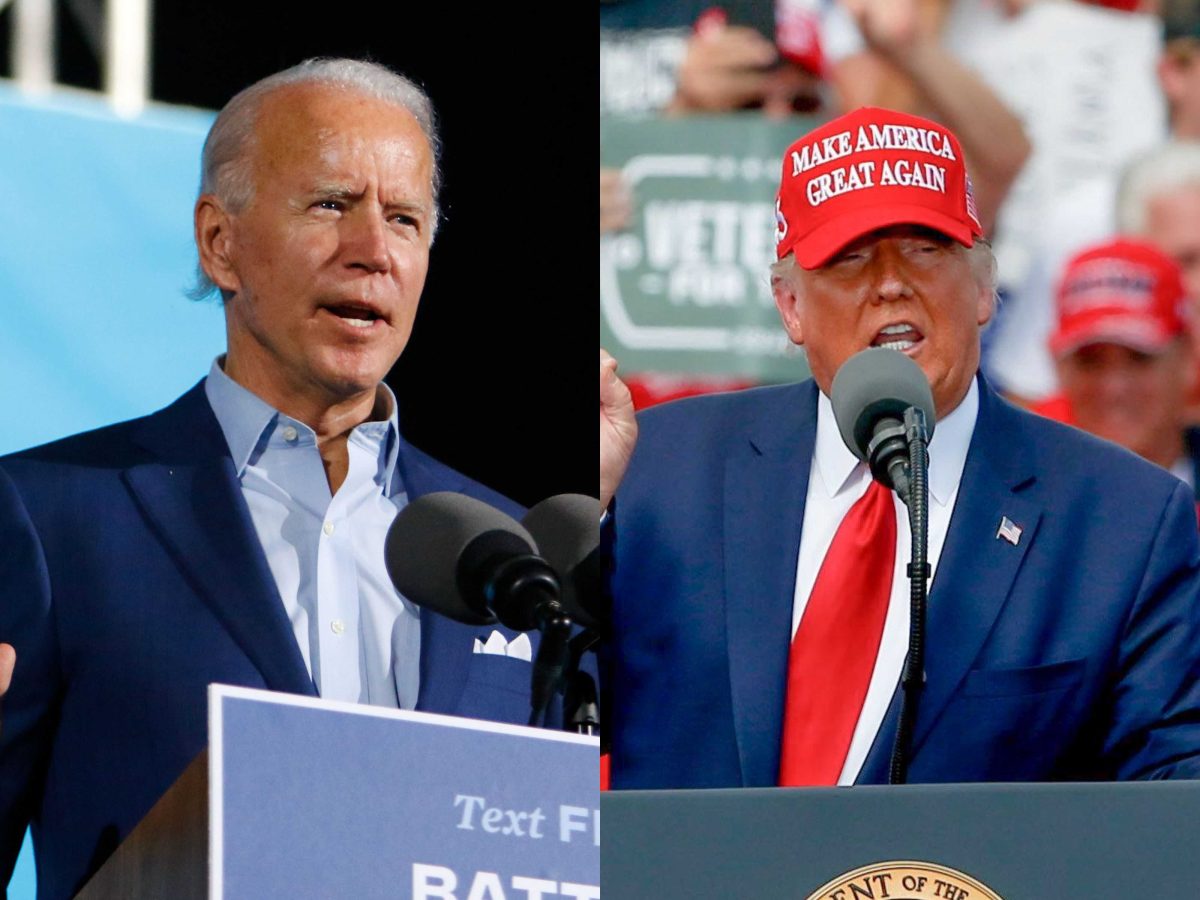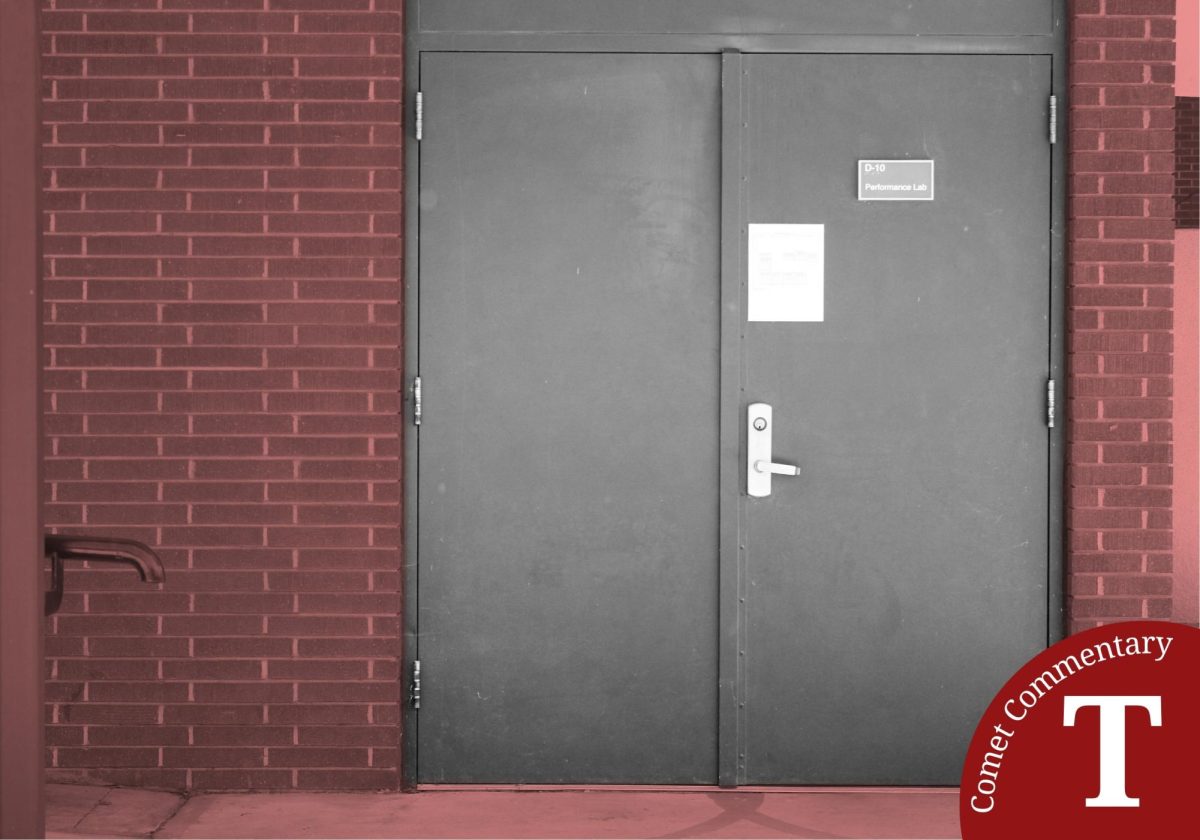The idea of giving everyone their basic necessities seems like everything we could want. Although It may have many upsides and the concept seems good, it is just too difficult to march towards the goal of a UBI right now because we have to deal with other issues already on our plate.
During the 2020 Election, presidential candidate, Andrew Yang, proposed the idea of a universal basic income (UBI) for every American, but this was not a new idea. Although it has been proposed in numerous countries such as Kenya, Italy and Finland, they are still in the testing phases of implementing a UBI and have found that it has been successful.
For some American citizens, some type of UBI could have been useful, such as the mother of Los Angeles Times journalist Sukhi Samra. At 53 , she “had enrolled in GED courses twice before, but dropped out because there just weren’t enough hours in the day to juggle school, work, three daughters and a disabled husband.”
People should not have to put their opportunities for growth on hold just so they can make enough for their everyday living. That is why the benefits of the UBI seem so attractive – it gives the illusion that you will be financially safe so that you would not have to worry about your next meals or being able to provide for your family.
In a perfect world this could work, but with all the issues that we are currently facing and how they keep piling up, it would be difficult to put any of them in priority over the other. One example of this would be the current COVID-19 pandemic. Other than a couple stimulus checks, the government is struggling to formulate a plan to return us to normality, and for the time being that should be our main focus.
Rachel Minogue from Third Way made some very good points on why the implementation of a UBI would be difficult.
One of the first issues that would be difficult to handle is the ridiculous cost that would be needed to begin the program: a whopping $2.4 trillion annually. With this being about one-eighth of the nation’s GDP, it is just too much money to contribute to one sole cause.
Another problem with this is how the citizens would react to this safety net. Instead of giving people some sense of relief to pursue higher education or not need to overwork themselves, this could push certain individuals to not work at all and live off of the system.
This would lead to the unemployment rate getting higher and people just settling for doing nothing. The jobs that are in high demand would not have enough resources to get stuff done, and little by little the world around us would falter because the economy relies on people’s incentive to work.
The final problem of a system with UBI is that inflation could be triggered. If everyone is spending their newfound income, the demand will grow so the price of the supply will grow as well.
In a different situation where we have all of our other issues sorted out, this system could work. Until then it is just not possible because there are other priorities.












